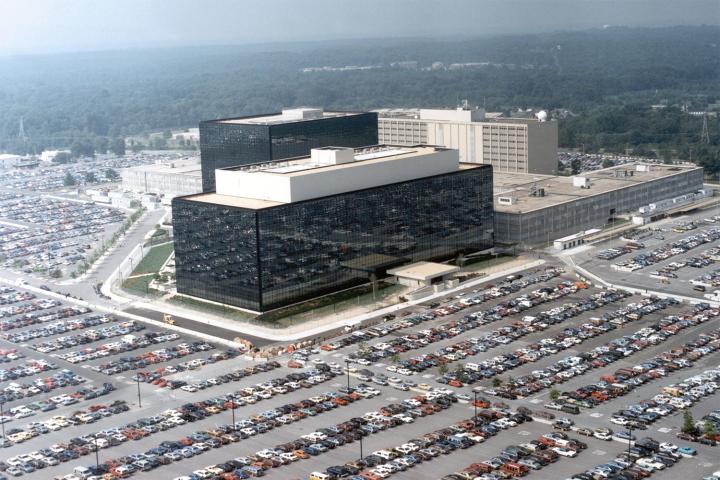
The NSA’s phone data collection program originally ended on June 1, when Section 215 of the U.S. Patriot Act expired. President Barack Obama then signed the Freedom Act, which shifted phone data collection from the NSA’s hands to phone companies’, two days later. His administration also applied to restart the program for six months after the bill was signed to give the agency time to transition the program.
The Freedom Act amended Section 215 to require the government to define a “specific selection term,” such as a phone number, to access the phone companies’ records. The law also forbids the collection of “all call detail records” held by phone companies.
All of this was done in response to a ruling by the United States Court of Appeals for the Second Circuit, which stated that Section 215 could not be interpreted as allowing any kind of bulk collection. However, the Freedom Act did not include any language to address the ruling, so it remained unclear whether the data collection was legal or not.
Then, in late June, Judge Michael W. Mosman stated that the program could resume for the remaining 180 days granted by the Freedom Act and argued that the Second Circuit was wrong in saying that the program was not authorized to collect that data.
“Second Circuit rulings are not binding on the FISC and this court respectfully disagrees with that court’s analysis, especially in view of the intervening enactment of the U.S.A. Freedom Act,” wrote Judge Mosman in his 26-page decision.
In response, the American Civil Liberties Union (ACLU) stated that it will ask the Second Circuit Court — which initially ruled against the NSA program — to issue a temporary injunction to prevent the resumption of the program. Of course, even if the NSA is forced to stop metadata collection, that doesn’t mean all of its programs will be gone for good.
Even the Freedom Act, which Senator Ron Wyden (D-Or.) hailed as “the most significant victory for Americans’ privacy rights in more than a decade,” still includes questionable provisions, such as the “roving wiretap” and “lone wolf.” These provisions allow local and federal law enforcement to track and tap an individual’s activities and devices, even if there aren’t proven links between the user and any known terrorist organizations.


